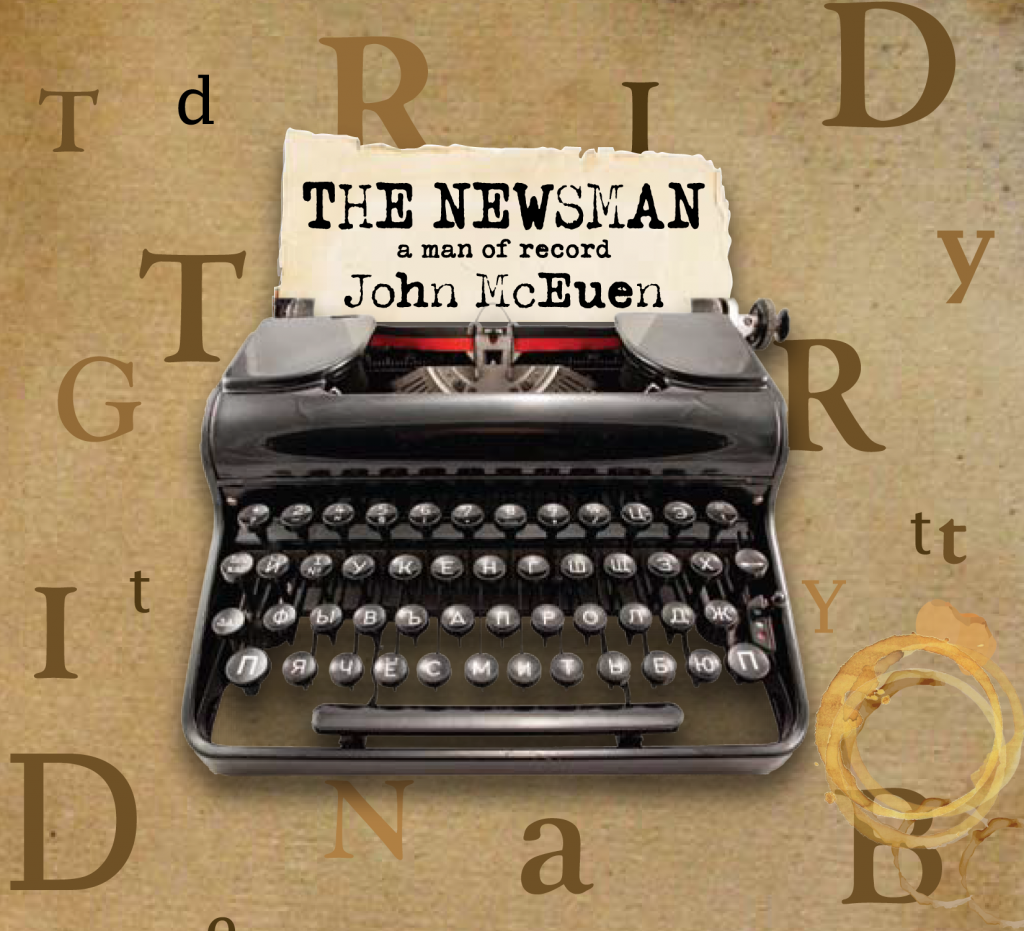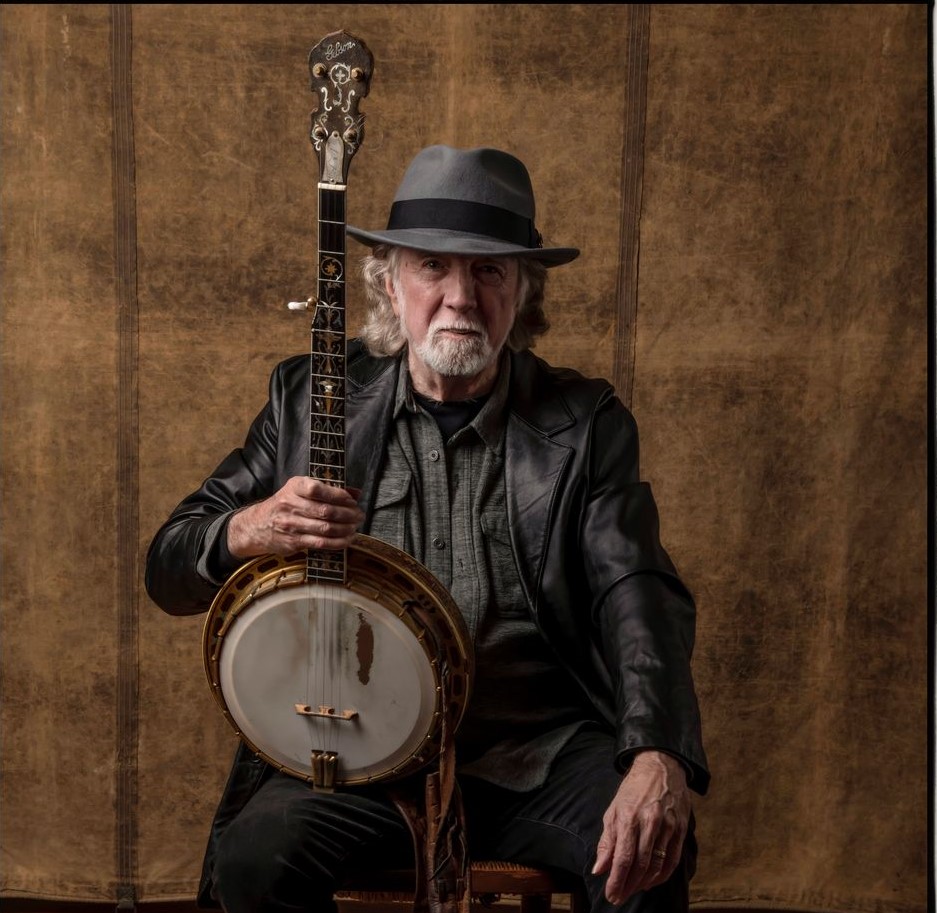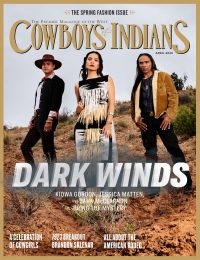He’s thrilled to be back in action after a double heart attack that led to triple bypass surgery.
Last April, Americana legend John McEuen was looking forward to touring and performing to promote his new album — The Newsman: A Man Of Record, now on Compass Records — when his life very nearly took a literally heartbreaking turn.
“Three months ago,” he says, “right before the release of The Newsman, something important happened to me. I had two heart attacks and found myself in the ICU for 18 days.”
Fortunately, this real-life drama had a happy ending — thanks to McEuen’s April 5 triple bypass surgery.
“With a new diet, medications, new habits, and rehab,” he says, “I am now able to perform again. I look forward to it more than words can express, but it will be apparent when you see me on stage. Grateful to continue living the dream, I also urge you to get yourself checked, as things like this are neither planned nor predictable. I now must get out there and start ‘spreading the news.’ Looking forward to it all more than ever.”
A native of Oakland, California, McEuen relocated during his high school days to Orange County, where he began his musical journey at 16 while working in a magic shop alongside another notable up-and-comer, Steve Martin. (Yes, that Steve Martin). He was a co-founding member of the Nitty Gritty Dirt Band — and he vividly recalls the exact moment when he heard himself performing with the group for the first time.
“I was on Sunset Boulevard at 1:05 in the morning, driving down the street,” McEuen told C&I. “We’d been told by the record company that radio stations said they’d start playing this. And KRLA came on while I had the radio on my car, and the announcer said, ‘Here’s a new song by the Nitty Gritty Dirt Band, ‘Buy for Me the Rain.’
“And that was February 7th, 1967. Yeah, I remember it. My banjo was on the radio, and the guys were singing, and we were playing a song and — oh, man! — we did it. Oh, it was great.”
Then he added with a hearty chuckle: “And that’s lasted for over 50 years, so be careful what you do when you’re young.”
McEuen’s departure from The Nitty Gritty Dirt Grass Band after decades with the group marked his shift towards solo projects and new creative paths. He has to his credit over 40 albums (6 solo) that have earned four platinum and five gold recognition awards; multiple Grammy, CMA and ACM awards; and the IBMA Record of the Year. During his decades-long career, he has performed on another 25 albums as guest artist, and produced such albums as Steve Martin – The Crow, winner of the 2010 Grammy Award for Best Bluegrass Album. The Music of the Wild West – produced by McEuen – was honored with the Western Heritage Award.
After receiving a clean bill of health from his doctors, McEuen is back to making music and multitasking. On Aug. 3, he’ll kick off a new tour at the 2024 edition of the Blueberry Bluegrass and Country Music Festival, the largest bluegrass event in Western Canada. He will also be receiving the Musicians Lifetime Achievement Award on Oct. 27 at The Josie Awards in Nashville at the Grand Ole Opry House.
But wait, there’s more: McEuen has just released a new children’s book, The Mountain Whippoorwill (Or, How Hill-billy Jim Won the Great Fiddlers' Prize), based on a poem by Stephen-Vincent Benét.
“After performing Whippoorwill for 30 years with the Nitty Gritty Dirt Band,” McEuen said, “I was finally able to turn it into a children’s book. The hope is that some of the fans who loved it in the ‘70s and 80s will want a copy to read to their grandchildren, or maybe just to themselves. My friend Steve Martin and I performed this together a few times in the early days — I played the banjo, and he recited the poem, as we both learned it in high school! With the help of artists Buddy Finehy and Jas Ingram, we turned the idea into a reality. Steve wrote the foreword, which I was very excited about. It is now available autographed on my website or on Amazon.com.”

And now we have The Newsman: A Man Of Record, an album with ten spoken word tracks and one instrumental piece. Each one tells a special story in a way that’s like a play, with John’s own style of music in the background. The album starts with the title track, a story about a newspaper seller who had a big impact on McEuen when he was getting started in Los Angeles, and ends with “Jules’ Theme,” a song inspired by Jules Verne’s recollection of his young wife’s passing.
The collection spans various eras and themes, from Henry Wadsworth Longfellow’s Civil War-era poem “Killed at the Ford” to Robert Service’s “The Cremation of Sam McGee,” about a Yukon prospector, to Thomas Monroe’s Vietnam War reflection “Nui Ba Den.” Other tracks include Hank Williams’ “Fly Trouble,” Walter Brennan’s “Old Rivers,” and more recent compositions like John Carter Cash’s “The Guitar Of Pineapple John,” Hans Olson’s “I'll Be Glad (When They Run Out Of Gas),” and Thaddeus Bryant’s “Red Clay.”
“This is a most important album for me,” McEuen told C&I, “because I haven’t put anything out in five years. And it’s more of an interesting direction than just an album with a bunch of songs, a bunch of tunes. Usually with a bunch of songs, one or two will be good — and the rest are filler. You just try and fill up the album. But at this stage in my game, I wanted to do something where all the songs are important.
“Like, I think ‘The Cremation of Sam McGee’ is a wonderful trip to take with headphones or good speakers on a dark night. You put that on, and you go to Alaska and see what that was about. Or if you want to go visit a little bit of the Vietnam War, try ‘Nui Ba Den.’ Or you can go back to the Civil War with ‘Killed at the Ford.’”

McEuen’s guiding principle while choosing tracks for The Newsman: A Man Of Record was simple: “It was time to revive the art of spoken word, where storytelling is accompanied by music. The music doesn’t need to follow a melody, but rather support the words. I selected some pieces that weren’t originally spoken word with music and adapted them, and others that were already spoken word and enhanced them.
“These tracks span over 200 years, including some recent ones that have impacted me. I hope they resonate with you as well. Enjoy!”












